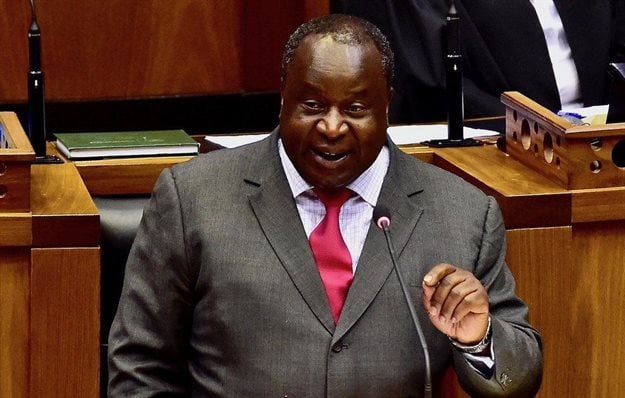
Top stories






More news


Marketing & Media
Ads are coming to AI. Does that really have to be such a bad thing?














“We believe this will go a long way to revitalise decaying and dying urban centres if invested appropriately. Nevertheless, we encourage government to use this as an opportunity to increase investment towards addressing spatial disparities by making sure that the subsidies are geared deliberately towards projects that are located in urban centres (CBDs) and are situated in areas where the inclusion of medium to low-income social housing promotes human settlement inclusivity and integration,” said SAIBPP chairperson of policy and advocacy Mashilo Pitjeng.
SAIBPP is also encouraged that the majority of the consolidated spending could be channelled towards education, learning and culture, the R12.6bn going towards employment initiatives in the short-term, the review of the Loan Guarantee Scheme in consultation with the Banking Association and government, for wider impact.

However, the organisation said that this may not amount to much if inefficient spending persists as poor government spending patterns and corruption are key components in crippling the country’s economy. SAIBPP also expressed disappointment that government is silent around tapping into the private sector’s excess cash holdings as a form of investment towards rebuilding the country and the economy.
“It is our belief that the government can use additional tax mechanisms to unlock the excess cash reserves not invested in the economy. Directly linked to slow economic growth is hoarding of cash by corporate South Africa. The government and the South African public should not be struggling with borrowing money from international funders whilst the private sector is on an investment strike, hoarding trillions in cash reserves. Excess cash should be put to use to fund growth or private and public infrastructure initiatives, or must be paid to shareholders since the country is suffering from lost opportunities which are a cost of not tapping into the corporate excess cash holdings.
"The government should put a 15% penalty tax on excess cash reserves,” said Pitjeng.